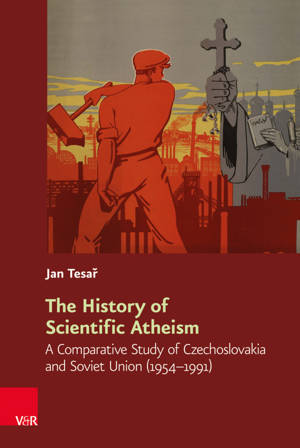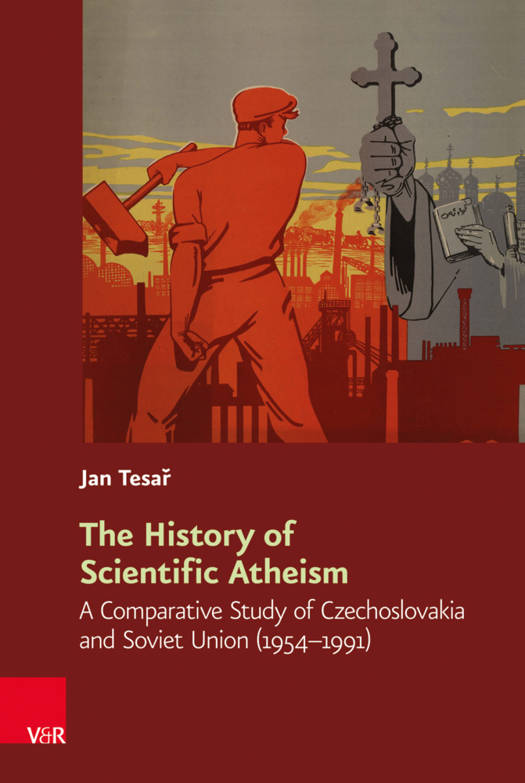
Bedankt voor het vertrouwen het afgelopen jaar! Om jou te bedanken bieden we GRATIS verzending (in België) aan op alles gedurende de hele maand januari.
- Afhalen na 1 uur in een winkel met voorraad
- In januari gratis thuislevering in België
- Ruim aanbod met 7 miljoen producten
Bedankt voor het vertrouwen het afgelopen jaar! Om jou te bedanken bieden we GRATIS verzending (in België) aan op alles gedurende de hele maand januari.
- Afhalen na 1 uur in een winkel met voorraad
- In januari gratis thuislevering in België
- Ruim aanbod met 7 miljoen producten
Zoeken
The History of Scientific Atheism
A Comparative Study of Czechoslovakia and Soviet Union (1954-1991)
Jan Tesar
€ 84,47
+ 168 punten
Omschrijving
The book analyses under what conditions was it possible to develop scientific atheism which was by the contemporaries in the Soviet Union and Czechoslovakia understood not only as a branch of propaganda but as a specific scholarly discipline.It maps out not only the state of affairs before the organizational changes allowed the emergence of research but also analyses the motivation which led the historical actors to make such decision in both national contexts.One of the key findings is undoubtedly the fact that scientific atheism developed as a new type of thinking about religious phenomena within the context of Marxist-Leninist epistemological doctrine. Moreover, if the socio-political conditions were favorable, it also contributed to the rethinking of the key aspects of Marxist doctrine.The comparative analysis allows to draw conclusions about the existence of specifically Soviet and Czechoslovakian scientific atheism and questions the level of sovietization in this context.
Specificaties
Betrokkenen
- Auteur(s):
- Uitgeverij:
Inhoud
- Aantal bladzijden:
- 355
- Taal:
- Engels
- Reeks:
- Reeksnummer:
- nr. 16
Eigenschappen
- Productcode (EAN):
- 9783525310861
- Verschijningsdatum:
- 15/07/2019
- Uitvoering:
- Hardcover
- Formaat:
- Genaaid
- Afmetingen:
- 155 mm x 231 mm
- Gewicht:
- 711 g

Alleen bij Standaard Boekhandel
+ 168 punten op je klantenkaart van Standaard Boekhandel
Beoordelingen
We publiceren alleen reviews die voldoen aan de voorwaarden voor reviews. Bekijk onze voorwaarden voor reviews.









